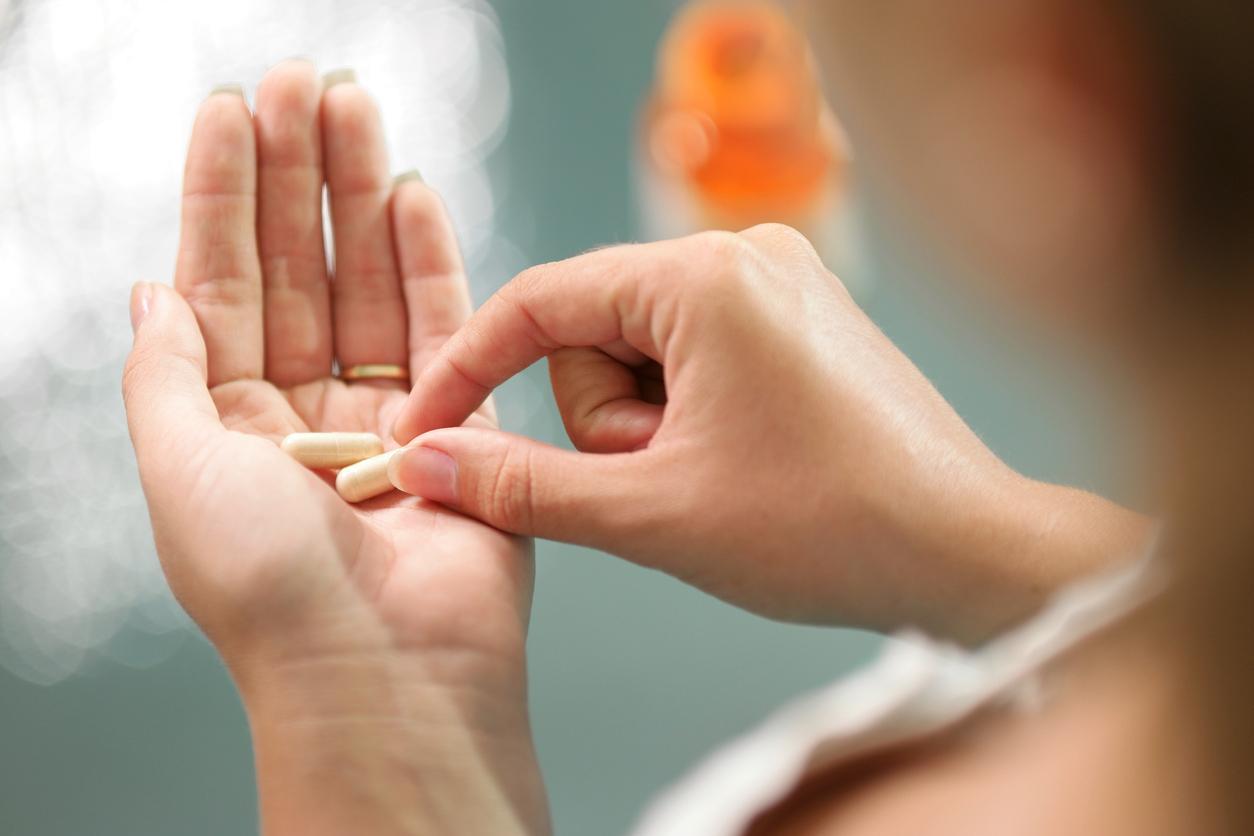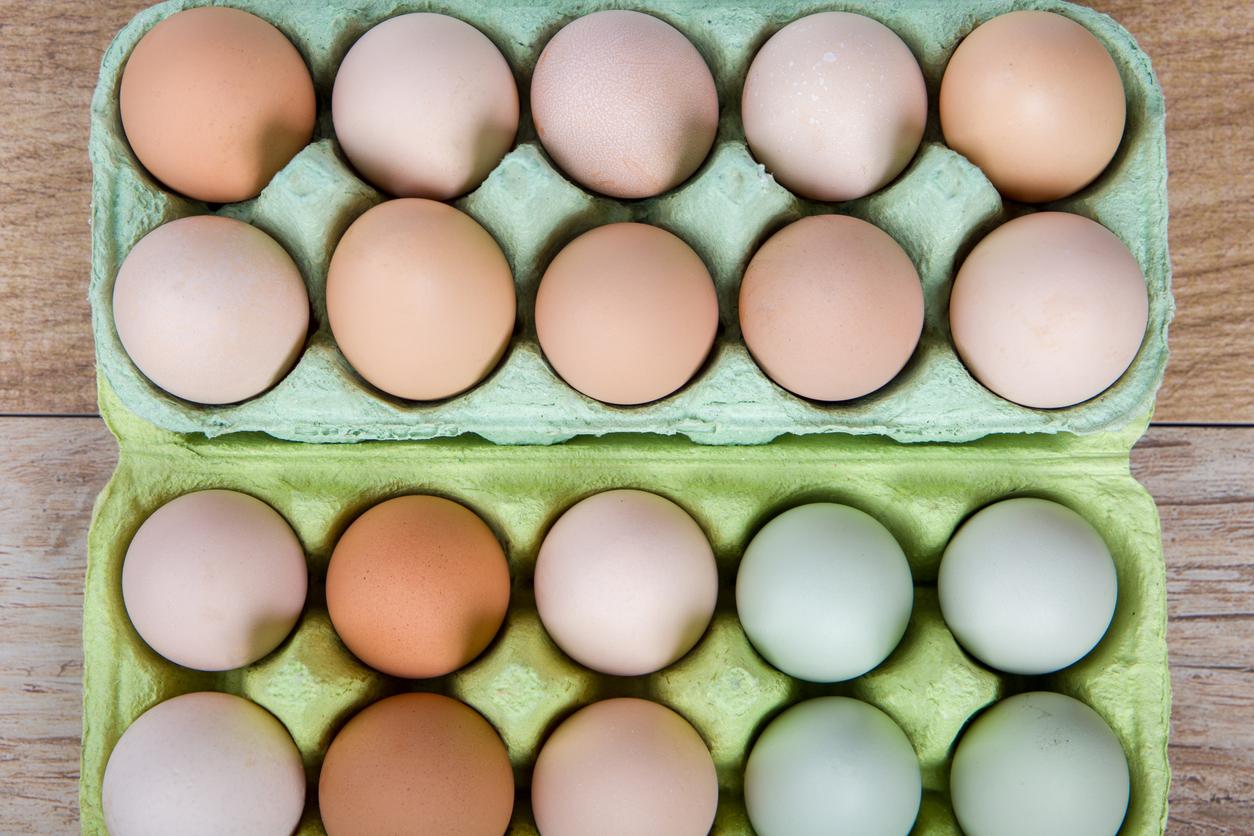
Ascorbic acid for good resistance
It is perhaps the best known vitamin. Who doesn’t eat an extra orange every now and then to boost their immunity? But vitamin C is also important in all kinds of other processes in the body. How much do you need and what is it in?
You need vitamin C (also called ascorbic acid) for good resistance and sufficient energy. In addition, it ensures a well-functioning nervous system and healthy bones, teeth, skin and blood vessels.
Large doses are used for flu, colds, cancer and to promote wound healing. Whether it has an effect on this has not yet been scientifically proven. Doctors sometimes prescribe vitamin C to patients who have broken a wrist to help prevent post-traumatic dystrophy. Vitamin C also promotes the absorption of non-heme iron from food. Your body therefore absorbs more iron from a meal with fruit or vegetables. In addition, vitamin C is an antioxidant.
Almost all animals make their own vitamin C. Humans, great apes, but also guinea pigs, are the exception to the rule. Our body is unable to produce vitamin C on its own. We therefore need food to meet our vitamin C needs.
What’s in it?
When you think of Vitamin C, you may first think of oranges, but it is also found in other fruits, vegetables and potatoes. Cabbage, citrus fruits, kiwis, berries and strawberries are especially rich in vitamin C. It dissolves in water and is sensitive to heat and sunlight. To benefit as much as possible from the vitamin C in vegetables, it is therefore best to eat them fresh and cook them briefly in little water. Potatoes, for example, have lost more than half of their vitamin C content after three months of storage. In acidic juices, such as in orange juice, the vitamin C is better preserved.
E 300
Some foods discolor or taste different because they react with oxygen. Think of a sliced apple turning brown. That process is called oxidation. An antioxidant, such as vitamin C, prevents this. That is why vitamin C is added to products as a preservative. It will then appear on the label as E number 300.
Recommended daily amount
If you eat a varied diet, you can easily get enough vitamin C. A deficiency of vitamin C still occurs in alcoholics and people with a very one-sided diet.
The Health Council has established the recommended daily amount of vitamin C for various groups:
| Category / age | Milligrams per day |
|---|---|
| Men / Boys | |
| 0 – 12 months | 35 |
| 14 years | 40 |
| 4 – 7 years | 45 |
| 7 – 10 | 50 |
| 10 – 13 years | 55 |
| 13 – 16 years | 65 |
| 16 – 65 years and older | 70 |
| Women / Girls | |
| 0 – 12 months | 35 |
| 14 years | 40 |
| 4 – 7 years | 45 |
| 7 – 10 years | 50 |
| 10 – 13 years | 55 |
| 13 – 16 years | 65 |
| 16 – 19 years | 65 |
| 19 – 65 years and older | 70 |
| During pregnancy | 90 |
| While breastfeeding | 110 |

















